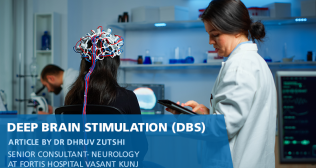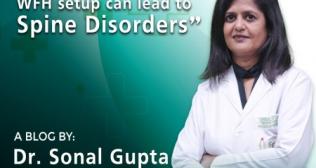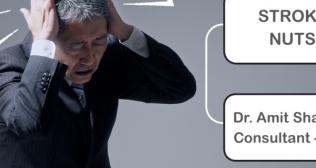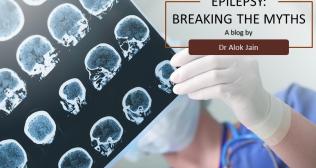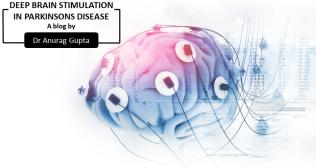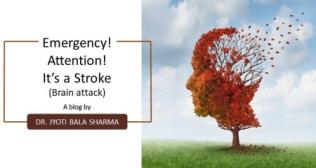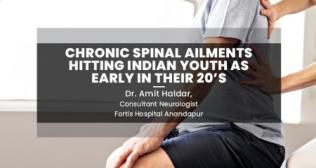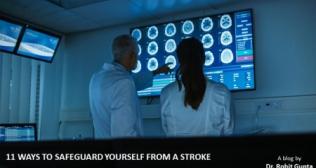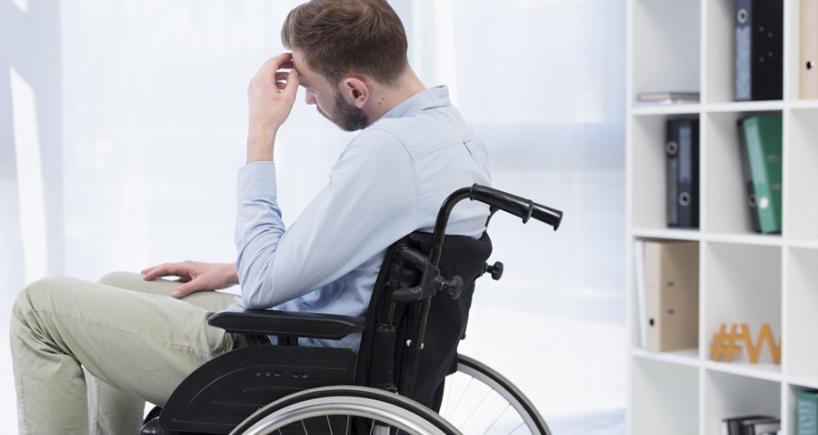
What is Multiple Sclerosis: Types, Causes, Symptoms, & Diagnosis
What is multiple sclerosis?
Multiple sclerosis (MS) is a disease of the central nervous system. It is an autoimmune disorder, where the body’s natural immune system mistakenly attacks normal body tissues.
The brain and the spinal cord generate as well as transmit thousands of signals to different body parts, with MS these signals become interrupted leading to a wide range of symptoms.
Approximately 2.5 million people are affected by MS
What are the symptoms of MS?
- Weakness
- Numbness
- Blurring of vision or changes in vision
- Paralysis
- Loss of balance
- Shaking (tremors)
- Bladder and bowel problems
- Pain and fatigue
What causes MS?
There are many possible causes of MS, including:
- Autoimmune disorders
- Infectious agents, such as viruses
- Environmental factors
- Genetic factors
What are the types of MS?
- Clinically Isolated Syndrome (CIS) – Single episode, lasting for >24 hours with evidence of CNS demyelination
- Relapsing-Remitting Multiple Sclerosis (RRMS) – Repeated episode of CNS demyelination with near complete recovery in each episode and no evidence of disease progression
- Primary-Progressive Multiple Sclerosis (PPMS) – Neurological functions worsens steadily from the beginning, there are no relapses or remissions. There can be periods of short-term (temporary) minor improvements.
How is MS diagnosed?
- Discussing your symptoms with your doctor
- Physical examination of nerves and symptoms
- MRI scans of brain and spinal cord
- Optical Coherence Tomography (OCT) to test nerve fibres in the retina
- Spinal tap for checking signs of MS
- Visual evoked potentials (VEP) to check the functioning of the optic nerves.
How do I know if my disease is getting better?
If you feel relief in the symptoms such as tremors, loss of balance, blurring of vision then your disease is getting better.
Living with MS?
- Discuss with your doctor regarding your clinical condition symptoms and your concerns for the future. The more you understand about MS the better you can take treatment decisions.
- Starting the treatment is the important first step – The goal is to interrupt the natural course of MS and hence early initiation of treatment helps to reduce flare-ups and future disabilities.
- Live a healthy lifestyle – Healthy changes to your lifestyle can give you more strength and confidence to deal with MS. Cut back on junk for add more fruits and vegetable to your diet. Exercise regularly. Quit smoking. Consult your doctor regarding a suitable diet plan.
At Fortis MS and autoimmune disease clinic:
At Fortis, we provide Holistic and Comprehensive care to patients with Multiple Sclerosis
Diagnosis
A detailed clinical assessment: history and examination are done by the neurologists.
Investigations
- MRI brain and spine (MS protocol) with 3 Tesla machines.
- Blood Tests
- Visual Evoked Potentials Tests
Test help on comparison
Specialised Serological and immunological blood tests as well in CSF.
Therapy
1. Helpline for acute worsening
2. Disease Modifying Therapies and their monitoring
3. Symptomatic treatment
4. Neuro-rehabilitation with our experienced physiotherapy team
5. Support and counselling from psychologist.
Types of therapies
- Symptomatic therapies
- Disease modifying therapies (includes different types of medication including oral, injectables, and other therapies) such as interferon, PEG interferon, Di-methyl fumarate, Rituximab, Natalizumab.
Other demyelinating disorders – Neuromyelitis Optica Spectrum Disorders (NMOSD)
NMOSD is a relatively recent autoimmune demylinating disease which mainly effects the optic nerve and spinal cord. It often leads to sudden vision loss, paralysis, or both. Sometimes it is also confused with MS.
How common is NMOSD?
NMOSD prevalence ratio in Indian population is 1.09/100 000. It affects 4-10 times more women than men.
At Fortis MS and autoimmune disease clinic:
At Fortis, we provide Holistic and Comprehensive care to patients with NMOSD.
Symptoms of NMOSD:
- Blurry vision or blindness in one or both eyes.
- Weakness or paralysis in the legs or arms
- Painful spasms
- Numbness of loss of sensation throughout the body
- Persistent nausea
- Uncontrollable vomiting
- Persistent hiccups
- Bladder or bowel dysfunction
Diagnosis of NMOSD:
The diagnosis process includes:
- Medical history
- Neurological exam
- MRI
- Spinal Tap
- Eye tests
- Blood tests
INVESTIGATIONS
Categories
Clear allMeet the doctor

- Neurology | Neurology
-
21 Years
-
1000







